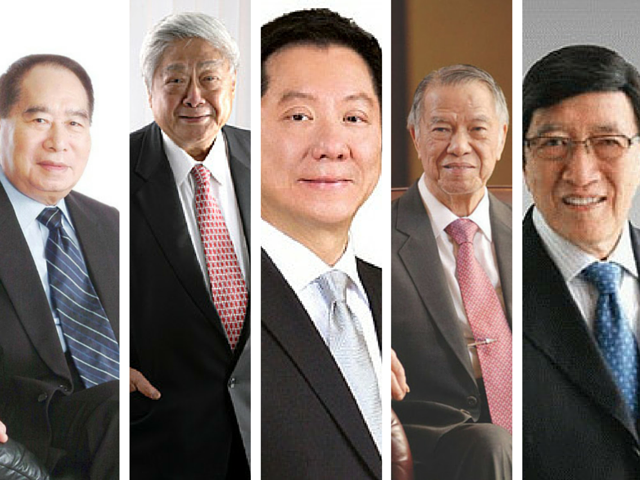Are Chinese the Jews of Asia?
To say that China is a growing concern in the Philippines is an understatement.
Let’s start with the sovereignty dispute over the West Philippines Sea / South China Sea. That whole area, of the highest economical and strategical value, has been recognized by a decision of the United Nations’ Permanent Court of Arbitration as belonging to the Philippines, but China couldn’t care less and has stealthily militarized several atoll and is using its militia, disguised as fishermen, to keep actual Filipino fishermen out by any means necessary, including harpooning their boats and sinking them.
The balance of power is so overwhelmingly unfavorable to the Philippines that the Duterte administration has been accused of defeatism and of collaborationism by Philippine nationalists – a situation reminding me of my native Switzerland, where the government has been increasingly bending over backwards to abide to every new requirement and threat coming from the European Union rulers.
Then there are the colossal Chinese investments in the Philippines, both from private companies and from State agencies (essentially one and the same): billions and billions in loans and infrastructures that will never possibly be paid back and whose interests could forever submit the Philippines to China’s grip, effectively undermining the country independence and siphoning its wealth away.
I should mention also the estimated 150,000 illegal Chinese workers in the Philippines, most notably in the oversea online gambling business, which is extremely popular but illegal in China. These weren’t very popular even before the coronavirus pandemic outbreak, which obviously didn’t help.
And last but not least, there is the Chinese Filipinos problem.
The definition of Chinese Filipinos according to Wikipedia seems somewhat blurry. Strictly speaking, only 2% of Philippine nationals have one Chinese parent, but as much as one out of four have more distant Chinese ancestry. Descendants of Chinese who migrated during the 19th Century onward through intermarriage still retains much of Chinese culture, customs, and work ethics, and are nowadays in complete control of about 70% of the Philippines’ economy, owning own all the largest shopping malls, supermarkets, hotels and fast food chains, in addition to every major bank, media, construction and real estate company.
Any listing of the country’s wealthiest men and women will show almost exclusively Chinese last names. Chinese-Filipinos form both an ethnic community and a separate economic class, the wealthy commercial elite dominating the poorer Filipino working and underclass. Most posh, walled-off enclaves in major cities are populated in majority by ethnic Chinese.
“Chinoys” moguls often create joint ventures with mainland Chinese companies and are accused of reinvesting in China most of what they make in the Philippines, contributing to a money hemorrhage. And in the current context of increasing military tension with China, the loyalty of Chinese-Filipinos is very much questioned, as they are more and more seen as infiltrators and double agents, working for the enemy from the inside.
Unsurprizingly, this reality is nurturing a strong feeling of resentment and exploitation among indigenous Filipinos.
Doesn’t this all seem uncomfortably familiar? Though on a different scale, European Jews have had to face essentially the same accusations and suspicion for centuries, and are nowadays unquestionably over-represented among the wealthy and the powerful. On the other hand, Israel’s total lack of concern over UN resolutions and international laws, and its colonizing of occupied territories could be seen as somewhat similar to the attitude of China. Now if we imagine Israel having not 8 millions, but 1,5 billion citizens… that is the situation that the whole South-East Asia (and, to a lesser extent, the whole world) is facing.

